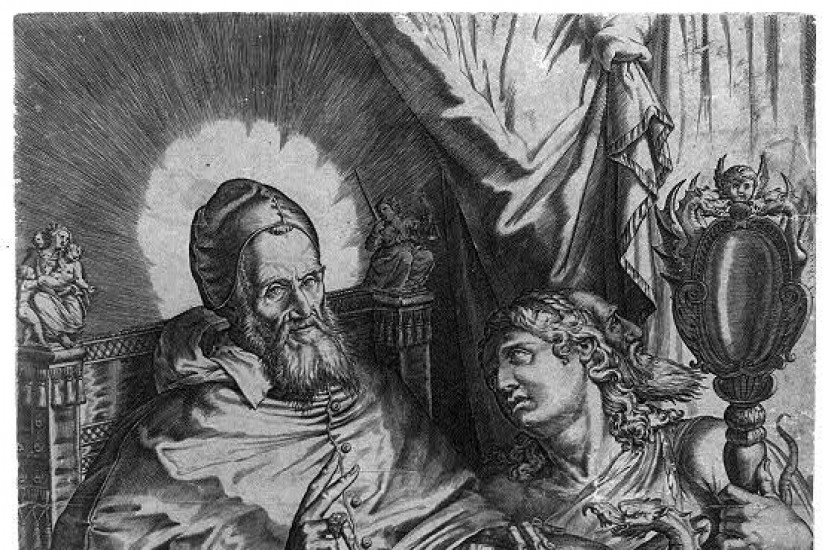We’re all Gregorians now. But it took a while.
On New Year’s Day, just about every corner of the world will flip a calendar in accordance with the system commissioned by Pope Gregory XIII in the 1580s. Contracts, leases and birthday candle production all depend on the Gregorian agreement that the year begins on Jan. 1 and lasts exactly 365 days, 5 hours, 49 minutes and 12 seconds. Even in cultures that maintain their traditional calendars as well, the smartphones will all tick over to 2018 on the same day.
But it took some of us longer than others to fall into line behind the good Gregory’s celestial timekeeping. The British, and their American colonies, did not like the idea of having their dates dictated by the Catholic Church and so stuck with the previous calendar makeover, the one done by Julius Caesar in 45 B.C. They waited until 1752, by which time the more wobbly Julian calendar was off track by 11 whole days.
That year, to line up with the Gregorian system, the Brits and Americans lopped 11 days out of September in one chunk. At one second after midnight on Sept. 2 it became Sept 14. Everyone’s birthday shifted accordingly. George Washington, who was born on Feb. 11, 1732, celebrated his 20th — and each subsequent one — on Feb. 22, a change that mattress and furniture stores observe to this day.
“There were riots in Britain that year,” said Denis Feeney, a classics professor at Princeton University. “People wanted their 11 days back. It all comes down to whether you are looking at the day or the date.”
